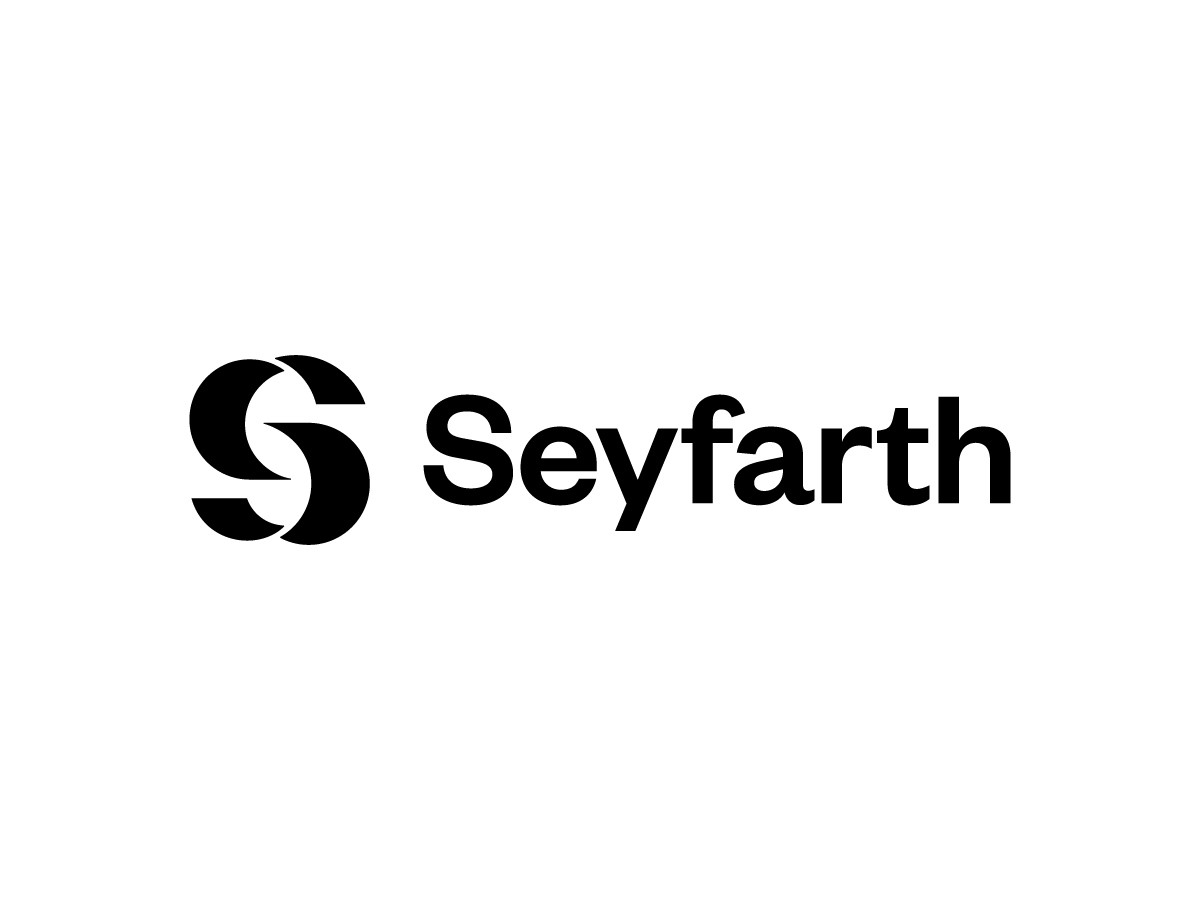Plead Your Case, Not Your Secrets: A Discussion of Recent Trade Secret Complaints | Proskauer – Trade Secrets
Taking legal action to protect a trade secret is unlike other intellectual property litigation since what you’re trying to protect is a secret. Plaintiffs must navigate a fine line between pleading their complaint with enough specificity to put the Defendant on notice of what they allegedly misappropriated, but not too much to diminish the value of the secret. Several recent decisions indicate how to strike this balance.
A complaint must plausibly allege i) the existence of a trade secret; ii) the acquisition, use, or disclosure of the trade secret without consent; and iii) that the individual acquiring, using, or disclosing the trade secret knew or should have known the trade secret was acquired by improper means. 18 U.S.C. §1839. Defendants often move to dismiss for failure to state a claim under 12(b)(6) by arguing that the complaint does not plausibly allege the existence of a trade secret. Recently, there have been four cases involving this argument: Allergan, Inc. v. Revance Therapeutics, Inc., 2024 U.S. Dist. LEXIS 976 (M.D. Tn. Jam. 3, 2024); Harley Marine NY, Inc. v. Moore, 2024 U.S. Dist. LEXIS 22895 (N.D.N.Y. Feb. 9, 2024); Credit Sage LLC v. Credit Wellness LLC, 2024 U.S. Dist. LEXIS 6124 (D. Wy. Jan. 9, 2024); Broidy v. Glob. Risk Advisors LLC, 2023 U.S. Dist. LEXIS 171621 (S.D.N.Y. Sept. 26, 2023).
Allergan sued Revance Therapeutics seeking declaratory and injunctive relief, as well as damages under the Defend Trade Secrets Act (DTSA) and similar state laws to protect its pharmaceutical trade secrets. Allergan, at *1. Allergan alleged Revance misappropriated trade secrets by poaching employees who knew, and used, confidential know-how regarding regulatory, technical, and manufacturing efforts; market and customer analysis; dosages; confidential sales histories and contacts; and Allergan’s future commercial and regulatory plans regarding its injectable botulinum neurotoxin: Botox. Id. at *2-3. The court, applying Sixth Circuit precedent, accepted as true that such know-how amounts to trade secrets because the complaint asserted as much and “supported that assertion with factual matter relating to the criteria used to define trade secrets under the DTSA.” Id. at *5. This could be all forms and types of financial, business, scientifical, technical, economic, or engineering information, whether tangible or intangible, that has independent economic value from not being generally known and the owner has taken reasonable measures to keep such information secret. 18 U.S.C. §1839 (3).
Harley Marine alleged misappropriation of trade secrets in the form of maritime shipping data and sales figures. Harley Marine NY, Inc. v. Moore, 2025 U.S. Dist. LEXIS 22895 (N.D.N.Y. Feb. 9, 2024). Discussing the pleading requirement, the court noted that a party “need only plead ‘a short and plain statement of the claim.’” Id. at *3. Defendants argued that Harley’s vague pleading insufficiently alleged that the info constituted trade secrets, failing to “put the defendant on sufficient notice of the contours of the claim for misappropriation.” Id. at *6. The court disagreed, finding that Harley provided specific facts and document names that were misappropriated such as “Master Voyage Economics2 Numbers”—a highly sensitive document containing a pricing and bidding sheet with internal knowledge based on two decades of record data. Id. at *7. This was more than enough specificity for the court to deny the motion to dismiss. Id. at *8.
Credit Sage alleged that Credit Wellness, founded by two former member-managers and a former employee, misappropriated trade secrets including sales scripts, operational processes, advertising strategies, hiring processes, and custom software and marketing tools. Credit Sage LLC v. Credit Wellness LLC, 2024 U.S. Dist. LEXIS 6124, *9 (D. Wy. Jan 9, 2024). Credit Sage further alleged that Credit Wellness founders downloaded Credit Sage’s entire customer database with personal and credit information. Id. at *29. Defendant alleged that the complaint failed to sufficiently plead what trade secrets were misappropriated. Id. at 24. The court disagreed, holding that there is ample law identifying the specific categories plaintiff listed as trade secrets. Id. Previous courts within the circuit have found software programs, customer account information, pricing sheets, detailed sales reports, and customer lists and financial statements to be trade secrets. See e.g., ATS Grp., LLC, 407 F. Supp. 3d 1186, 1198-98 (W.D.Okla. Aug. 16, 2019). Based on the complaint and the summary judgment standard, the motion to dismiss was denied and the court found ample the level of detail in the pleadings. Id. at *30.
Compare those cases with Broidy v. Glob. Risk Advisors LLC, where Defendants’ motion to dismiss was granted. 2023 U.S. Dist. LEXIS 171621 (S.D.N.Y. Sept. 26, 2023). The court found that the complaint was merely a conclusory, boilerplate recitation of the DTSA that alleged the value came from “significant investment of time and resources” without pleading any specific trade secrets. Id. at *29-30. This formulaic recitation of the DTSA “clearly fails under Twombly” and failed to plead “enough facts to state a claim to relief that is plausible on its face.” Id. at 30 (quoting Bell Atl. Corp. v. Twombly, 550 U.S. 544, 570 (2007)). Without any facts, the motion to dismiss was granted. Id. at 31.
Looking at these cases, trade secret misappropriation plaintiffs should be as specific as possible in their complaint. For example, a plaintiff should be able to allege that employees downloaded customer databases and sales reports because the value of those secrets isn’t the fact that you have a customer database, but the contents of that file. Comparatively, submitting a pleading with confidential factual matter is trickier, although doing so could be necessary in some circumstances to survive a motion to dismiss. Your pleading should almost have the same level of specificity as a privilege log: enough to tell opposing counsel what you’re withholding but not enough to clue them in on what the actual details are.
[View source.]






